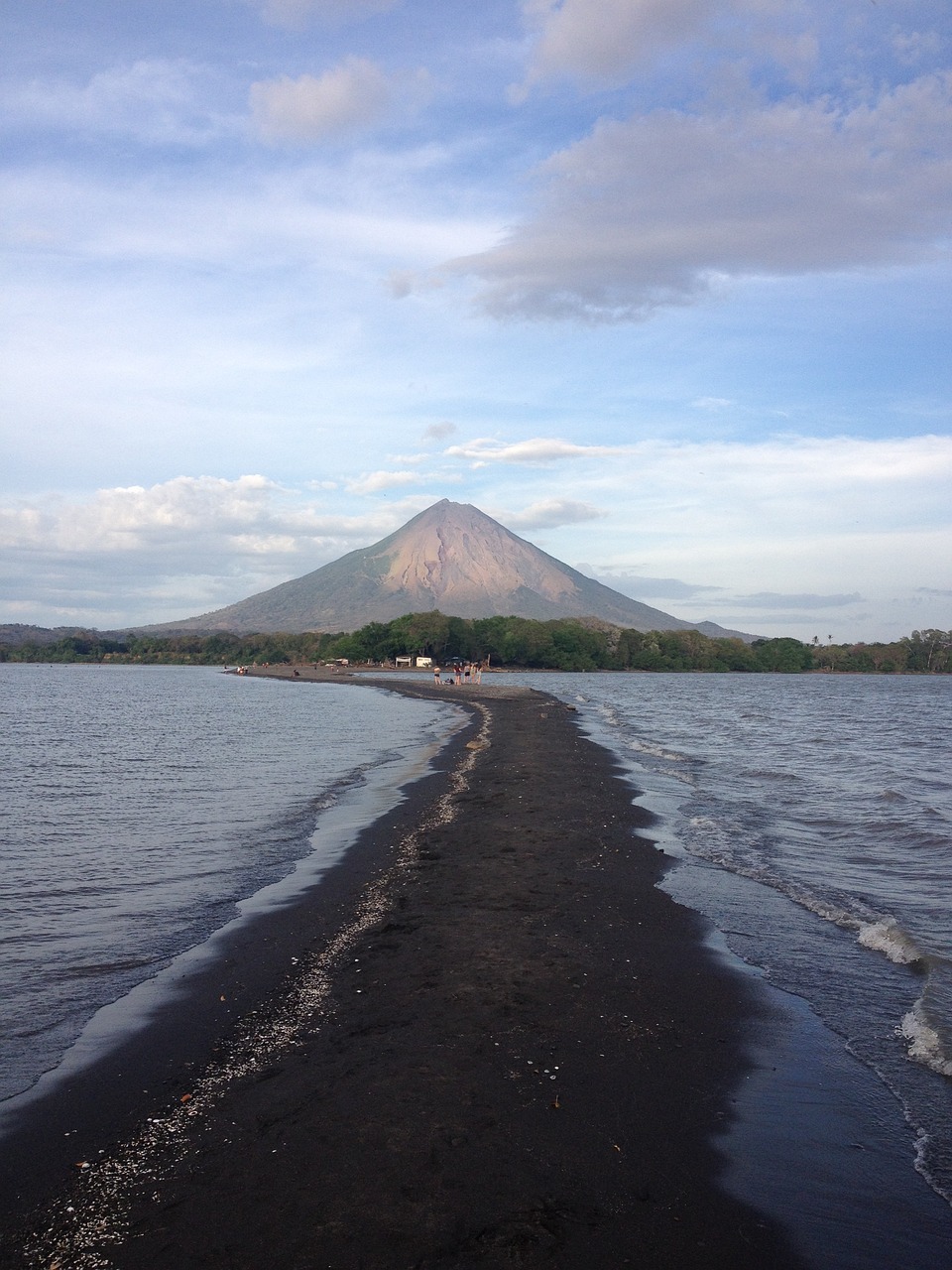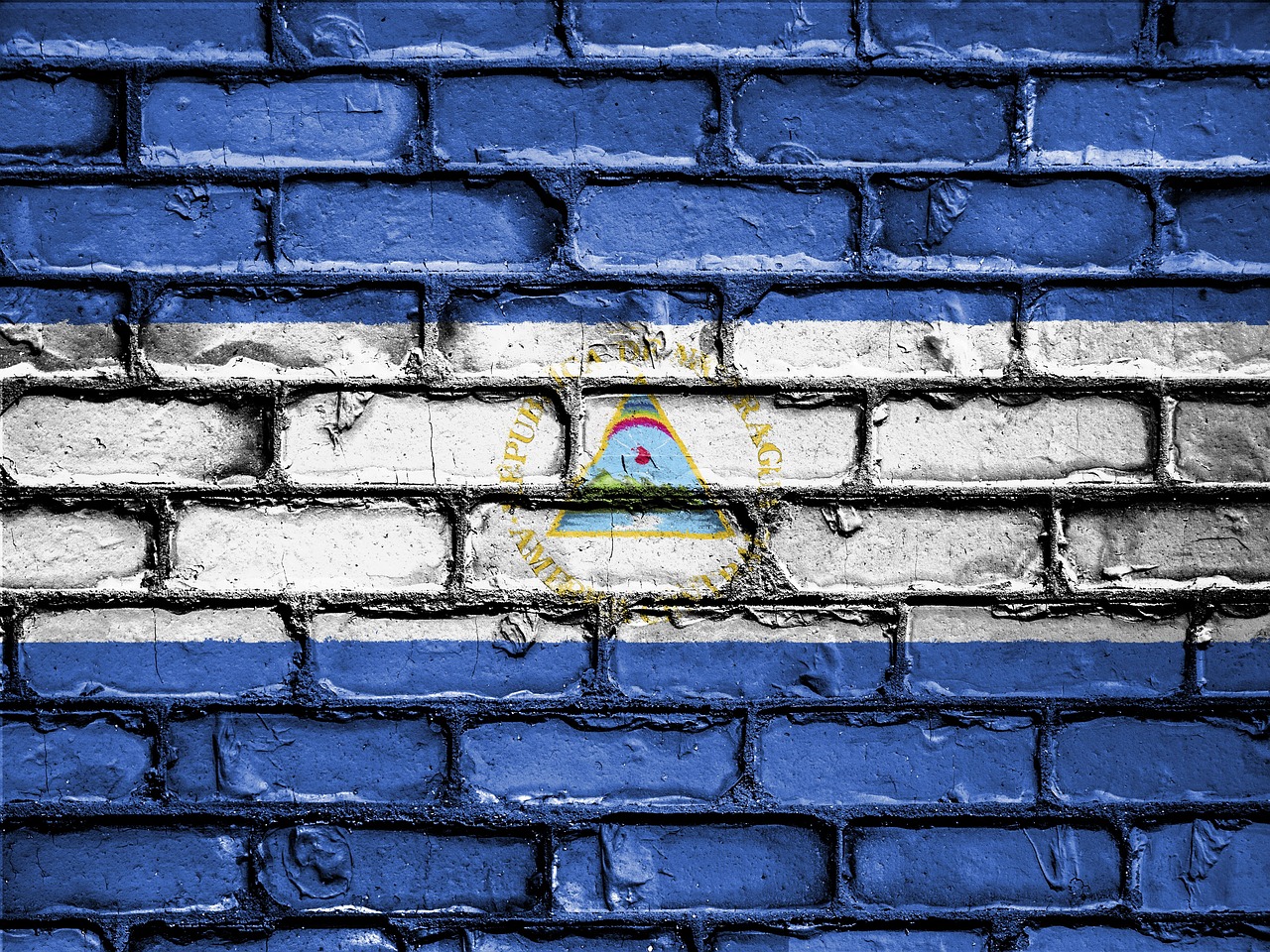Nicaragua Video
Coping with Power Outages: Being Prepared in Nicaragua
Power outages can be a common occurrence in Nicaragua due to various factors such as infrastructure challenges and extreme weather conditions. Being prepared for these situations is crucial to ensure the safety and comfort of yourself and your loved ones. In this article, we will discuss essential tips and strategies to cope with power outages in Nicaragua.
Understanding the Causes of Power Outages
Before diving into coping mechanisms, it’s important to understand the common causes of power outages in Nicaragua. Some of the main reasons include:
- Infrastructure Challenges: Nicaragua’s power infrastructure is still developing, and frequent maintenance work or aging infrastructure can lead to power outages.
- Weather Conditions: Extreme weather events such as storms, hurricanes, or heavy rainfall can damage power lines and disrupt the electricity supply.
- Overload: Overloading the power grid, especially during peak hours, can lead to temporary power outages.
Creating an Emergency Power Outage Kit
To be prepared for power outages, it’s essential to have an emergency power outage kit readily available. This kit should include the following items:
- Flashlights and Batteries: Ensure you have multiple flashlights with enough spare batteries to last through the outage.
- Portable Power Banks: Invest in portable power banks to charge your essential electronic devices like phones and tablets.
- Battery-Powered Radio: A battery-powered radio can keep you updated on important information during an outage.
- Candles and Matches: Have a supply of candles and matches for lighting purposes.
- Non-Perishable Food and Water: Stock up on non-perishable food items and bottled water to sustain yourself during extended outages.
- First Aid Kit: Keep a well-stocked first aid kit in case of any emergencies.
Minimizing Power Consumption
During a power outage, it’s crucial to conserve whatever power you have left. Here are some tips to minimize power consumption:
- Unplug Non-Essential Devices: Unplug all non-essential devices to avoid unnecessary power drain.
- Use Natural Lighting: Open curtains and blinds during the day to utilize natural light instead of relying on artificial lighting.
- Limit Appliance Usage: Only use essential appliances like refrigerators and fans when necessary.
- Avoid Opening Refrigerators: Keep refrigerator doors closed as much as possible to maintain the cool temperature inside.
- Opt for Manual Solutions: Use manual tools instead of electric ones, such as manual can openers or hand-powered fans.
Staying Safe During Power Outages
Power outages can sometimes pose safety risks. Here are some safety measures to follow:
- Use Generators Safely: If you have a generator, follow all safety instructions and keep it outside to prevent carbon monoxide poisoning.
- Keep Refrigerated Food Safe: Avoid opening the refrigerator unnecessarily and discard perishable food if the outage lasts for an extended period.
- Be Cautious with Candles: If using candles for lighting, never leave them unattended and keep them away from flammable objects.
- Stay Informed: Stay updated with local news and official announcements regarding the power outage to ensure your safety.
Alternative Power Sources
Consider investing in alternative power sources to mitigate the impact of power outages. Some options include:
- Solar Panels: Install solar panels to generate your own electricity during outages.
- Uninterruptible Power Supply (UPS) Systems: UPS systems provide temporary power backup and can keep essential devices running.
- Portable Generators: Portable generators can provide power to essential appliances and devices during outages.
Community Support and Preparedness
Building a strong community support system is crucial during power outages. Consider the following:
- Communication: Establish communication channels with neighbors to share information and provide support during outages.
- Community Resources: Identify community centers or shelters that may offer assistance during prolonged power outages.
- Emergency Contacts: Exchange emergency contact information with neighbors in case of urgent situations.
Conclusion
Power outages can be challenging, but with proper preparation and knowledge, you can navigate through them safely. By creating an emergency kit, conserving power, and exploring alternative power sources, you can minimize the impact of power outages in Nicaragua. Remember to prioritize safety and build a strong community support system to overcome any challenges that may arise.
Nicaragua Image 1:

References
– www.energynicaragua.com
– www.nicaraguadispatch.com
– www.laprensa.com.ni
– www.nicatips.com
– www.nicanet.org


